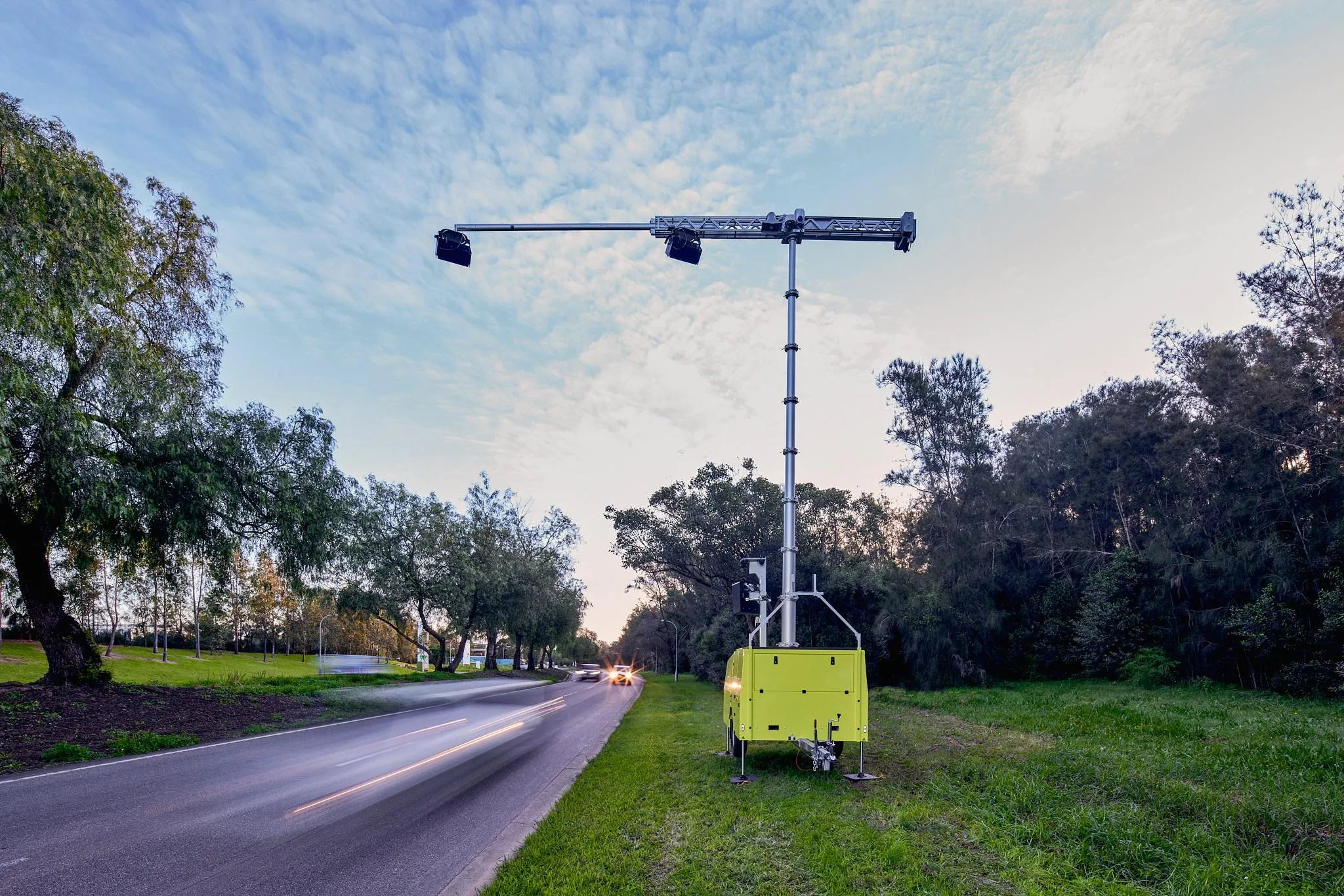
Figures from the UK’s Department for Transport suggest that there may be more than 50,000 daily instances of people driving while using a hand-held phone.
The data collated by the DfT in a project with AECOM, an infrastructure consulting firm, using images captured by technology from Acusensus, an Australian provider of roadside cameras and software, suggests three in every thousand drivers observed on England’s roads are using a mobile phone whilst driving. Meanwhile, for the proportion of van drivers breaking the law is three times that of car drivers.
The statistics also showed 4.8% of vehicle passengers were observed not wearing a seatbelt.
“Drivers who don’t wear their seatbelt are likely to continue this behaviour throughout an entire journey,” explains Geoff Collins, and enforcement expert with Acusensus. “If seen mid-journey [by camera detection] without a suitable restraint, this will probably have been the case all the way. However, hand-held mobile phone use is not usually continuous, so it might happen multiple times during a single journey, but not necessarily at the survey point.”
Because of this, it is possibly misleading to think that more seatbelt violations occur, he said. It is more likely that overall occurrences of distracted driving for any one journey are many times higher than monitored during this survey, which showed 0.3% at any one specific point on the road.
“Based on the observed violation rates from the surveys, if this was extrapolated across the entire network, it is likely that cars would account for more than 30,000 cases of illegal mobile phone use each day, with a further 20,000 or more cases from vans. This is despite there being only a quarter the number of vans using our roads, compared with cars.”
Collins said that more than 500,000 daily journeys by cars and vans are likely to occur without the driver being correctly restrained. Not wearing a seatbelt is a habitual behaviour that is likely to takes place throughout every journey.
“It is important to remember that while the vast majority of these journeys end safely, this does not mean that it is safe. The risk of serious injury or fatality is dramatically greater should a collision occur,” he said.
Each site was surveyed on a weekday, either in the morning or afternoon, for a period of six hours. The observations were then analysed by human review.
The survey data was collected using Acusensus Heads Up technology, using bespoke roadside cameras to capture clear images through windscreens. The Acusensus solution can also uses artificial intelligence-based image analysis to flag up likely violations, although this was not used in the DfT study. This is a new way of gathering the data, which was previously collected by human observation at the roadside in real time.
Collins believes the scale of the risk on UK roads is now alarmingly clear. “Distracted driving and not using a seatbelt are two of the fatal five risk factors, most likely to lead to serious harm when driving. The Heads-Up technology not only helps to provide this background understanding, but it can also be used to provide violation records that are used for prosecution or education purposes, which has now been successfully carried out by many UK police forces.
“If used as part of a long-term strategic initiative, this solution would allow for a measured approach to improve driver behaviour, making the roads safer for everyone,” said Collins.
Australian-based Acusensus was founded in 2018 with Heads-Up camera software and hardware able to simultaneously detect speeding, mobile phone use, seatbelt compliance, illegal lane use and vehicles of interest. The company operates programmes in New South Wales, Queensland, Western Australia and from 2023 in the Australian Capital Territory, as well as several international jurisdictions. It also has a base in North America.






